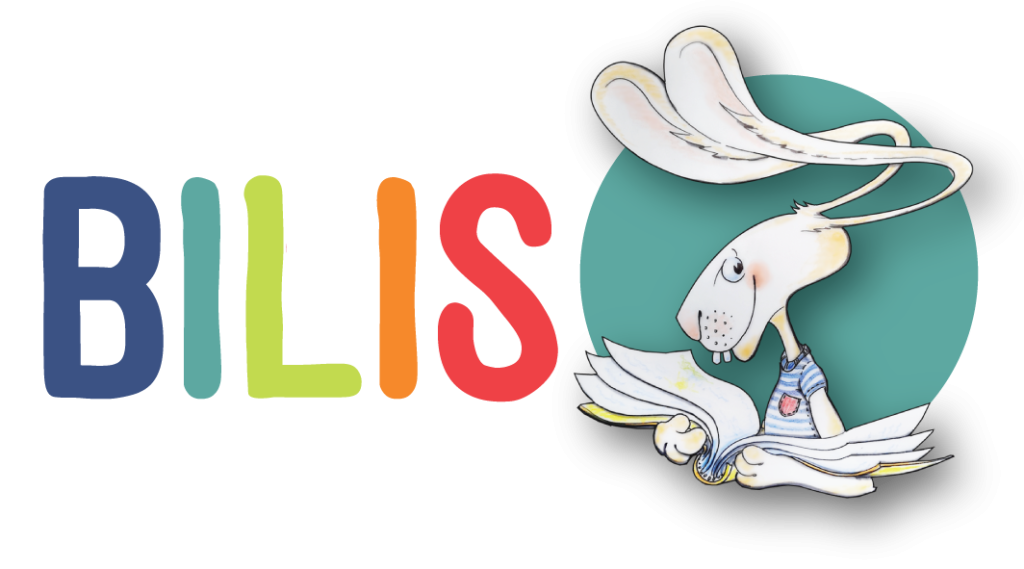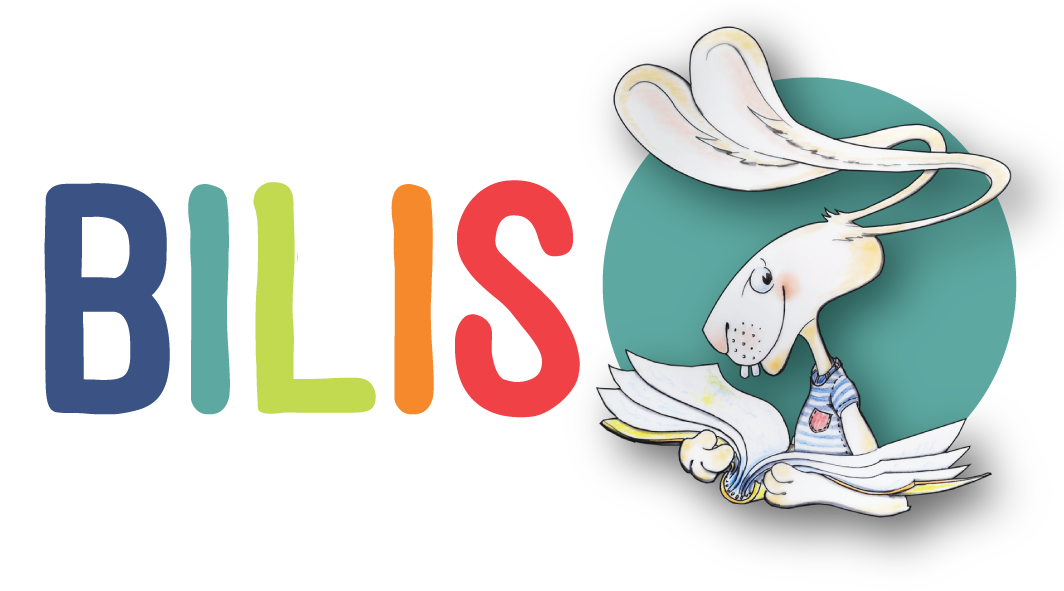Many children around the world grow up in a bilingual environment. Parents often ask about the benefits and risks of bilingualism at an early age and how best to support the language development of their children.
Based on scientific findings, we offer answers to several basic questions:
- There are myths about bilingualism - some even claim that we should not expose children to two languages. However, actual scientific views recommend bilingual upbringing.
- Bilingualism is the ability to use two languages in everyday life and is an increasingly common phenomenon worldwide.
- Although bilingualism is widespread, surprisingly little research has been conducted on this topic, especially in the area of language development of infants and toddlers.
Frequently asked questions include:
- Do bilingual children feel confused?
- Does Bilingualism Make Children Smarter?
- Should we speak to a bilingual child in only one language?
- Is it better to start bilingualism as early as possible?
Modern science tries to answer these and many other questions. As parents, you can be reassured that bilingual education can be enriching and beneficial for your child.


